Last week, the UK government stated that sales of “conventional petrol and diesel cars and vans” will end by 2040 and reaffirmed its commitment to electric cars.
The news impacts on a significant number of fastener suppliers that work closely with the automotive market, including TR Fastenings.
TR said that the industry is used to rapid change and will take it in its stride, but echoed the Society of Motor Manufacturers and Traders and said the industry “needs a positive approach which gives consumers incentives to purchase” electric cars.
TR went on to add that the industry supply chain has already begun to adapt and implement the technology needed for electric and hybrid cars, including lightweight components.
Chris Black, Director of Global Automotive Business Development at TR Fastenings, said: “Details of government plans to ban new petrol and diesel vehicles by 2040 to reduce NOx levels was largely greeted with surprise and dismay in the national press last week. However, to an industry which is used to undergoing rapid change, this is yet another milestone in the journey for the UK’s automotive market. The Society of Motor Manufacturers and Traders (SMMT), of which TR is a member, stated in reaction to the news that the industry needs a ‘positive approach which gives consumers incentives to purchase these [non petrol and diesel] cars.’
“The key factor currently stalling market demand for electric vehicles is the staggeringly low price of oil. At $60 a barrel there is little financial incentive for consumers to switch to electric, but major cost benefits will come into play when oil prices recover. As the leading manufacturer for electric vehicles Nissan’s 2017 production forecast of 30,000 vehicles is an encouraging plan to double the 14,000 the company sold last year. With the latest Nissan Leaf model set to launch in December and brands from Volvo to Mini Cooper entering the market, manufacturers are focused on increasing mileage duration per charge. Likewise as more charging points become available demand is likely to soar further.
“As a key supplier to Tier 1 automotive manufacturers, we support any measures that will allow the public and the industry to adjust together towards this new era in automotive history. The automotive supply chain has already started to prepare and implement the technology needed for electric and hybrid cars, such as lightweight components. As rightly pointed out by the SMMT, it’s essential that consumers are educated and that the industry is given sufficient resources to ensure the smooth transition to a zero emission automotive market.”
There is more on the drive towards lightweight components in the automotive sector here. You can find the Government’s full statement on its plans to tackle nitrogen dioxide emissions in the switch to electric cars here.

